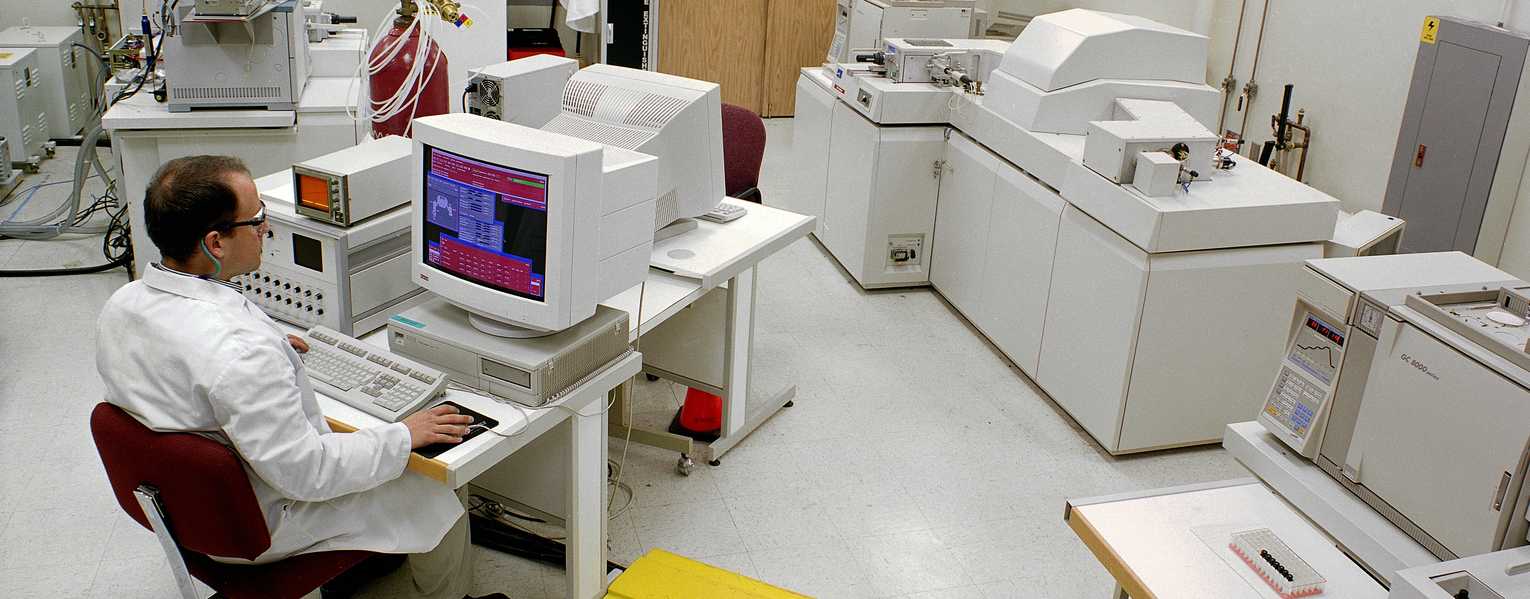We specialize in testing of crude petroleum and biological samples including feedstock sources (algae oils, pyrolysis oils, municipal waste, waste oils, and lignins), and biomaterials and chemical products. We perform specialty analyses and distillations for hydrocarbon-based materials including petroleum, crude oil assays, shale oil, bitumen, heavy oils, lubricants, and similarly related hydrocarbon mixtures. We also have developed methods in handling and analyzing bioderived materials and products.
Testing Methods
Testing methods include those specific to the National Institute for Occupational Safety and Health (NIOSH), American Society for Testing and Materials (ASTM), Universal Oil Products (UOP) methods, Organization for Economic Cooperation and Development (OECD), National Renewable Energy Laboratory (NREL), and Environmental Protection Agency (EPA).
Upgrading Heavy Oil
Heavy oil offers many challenges to traditional refining technologies. Where it is found, the lighter, more sought-after components of crude oil have slowly escaped underground strata over millions of years, leaving behind the heavier, precipitated bitumen or heavy oil. It could also be debated that the heavy oil is a younger, less mature oil that needs millions more years to mature. Regardless of how the heavy oil fields formed, they vary greatly in their accessibility depending on well depth, the remoteness of the location and the oil's fluid properties. All of this makes it difficult to use a single technology for upgrading the various kinds of heavy oil.
Heavy Oil Feedstocks
A novel technology that addresses the challenges or limitations of heavy oil upgrading is being operated by SwRI for a commercial oil company. The technology has been demonstrated successfully, and the SwRI team continues to provide operational and technological support to improve, and provide technical data on, this process in tests with worldwide heavy oil feedstocks.
Alternative Fuels Technology
Heavy oil is considered an unconventional oil source primarily because it does not readily flow out of the earth like conventional petroleum crude oil. Heavy oil can be mined when it is close to the surface, or it can be heated and pushed out of the earth using steam or hot compressed gas.


